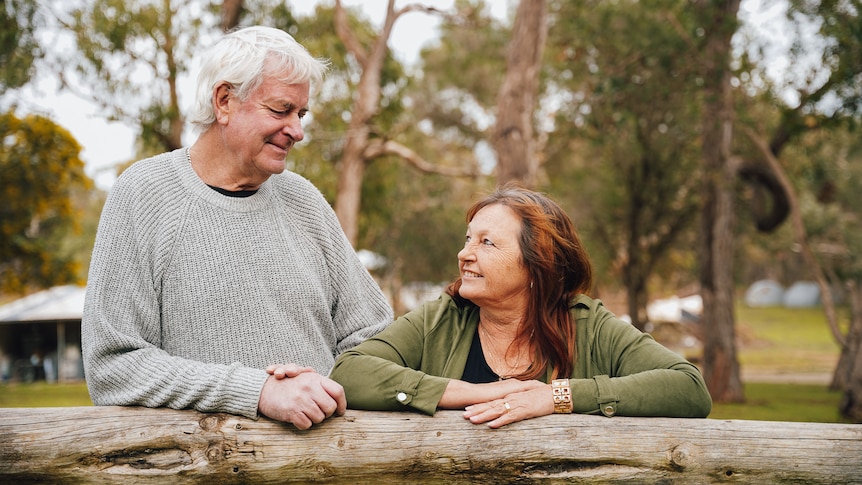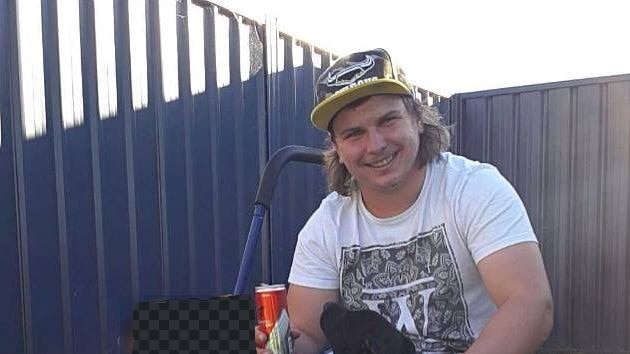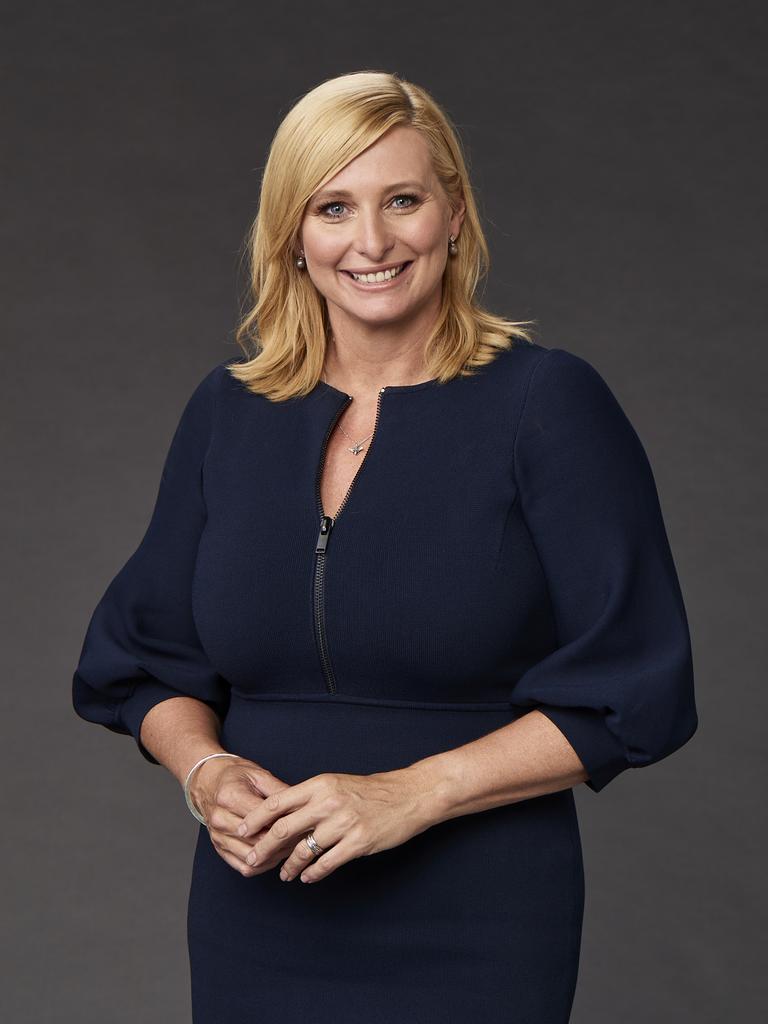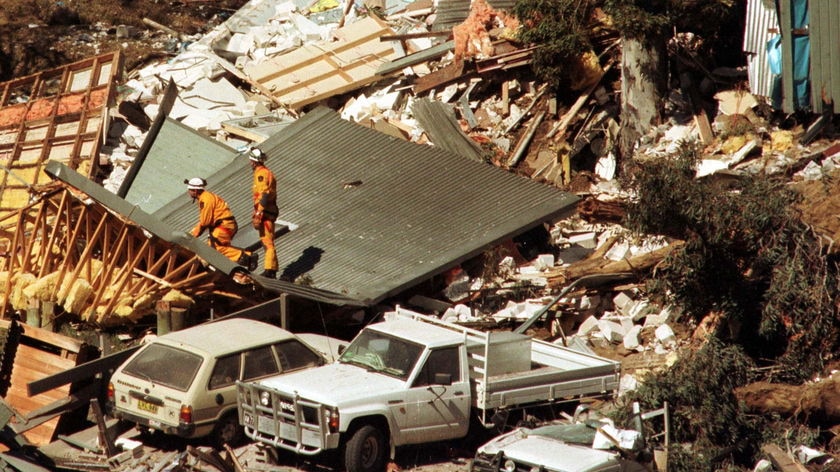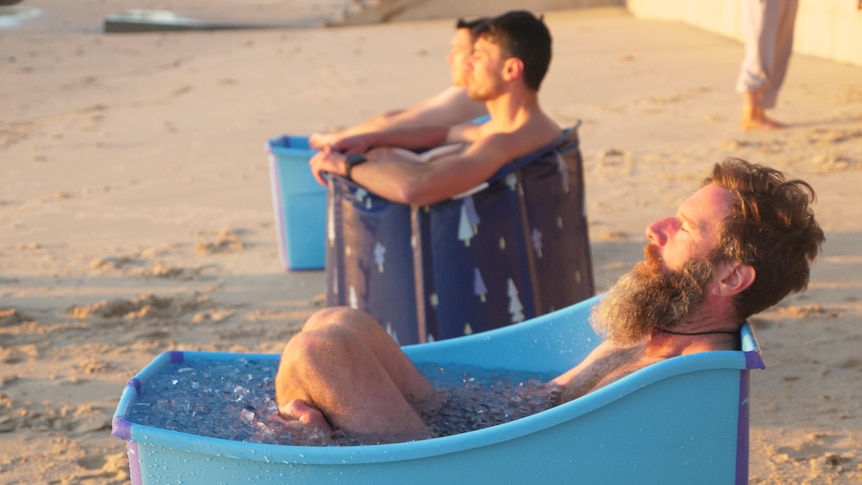Carol Coleman had been dreaming for years when she stumbled on the rundown church campsite that is now the Joanna Life Skills Centre.
Her husband Rob was passing through the small farming area in South Australia’s Coonawarra region for work when he spotted it.
Once Carol saw it, their Adelaide life as they knew it changed forever.
“I was hysterical. All I could see was people in a safe place, warm in bed and with food in their mouths. And that was just so important to me,” Ms Coleman said.
“It wasn’t a choice. It was like this has been shown to us. We have to do it. We just have to do it.”
When they bought the site in 2017, its 12 buildings, with 42 bedrooms, had been vacant for two years and were in need of desperate repair.
It didn’t matter.
“When you’re working in mental health and you see the terrible situations that people are in, you look at a place like this and think ‘this place can make a big difference’,” Ms Coleman said.
“So we packed up and we’re here.”
Over the years, they’ve chipped away at renovations, getting the place up to a good living standard for the people with disabilities and mental health needs that come to stay.
The NDIS registered service looks after 15 people at any one time. Most visit for two weeks to “catch their breath”, while others have stayed 12 months.
While there, visitors help clean and look after the animals. They have the opportunity to learn life skills like cooking and changing a tire.
“The whole idea is that they can look after themselves at the end of it all,” Mr Coleman said.
“While they’re vulnerable, they can be here. And when they’re a little more settled, they can go elsewhere and enjoy their life.”
Vision for the site
Carol Coleman isn’t afraid of vulnerable people. Before studying as a nurse, her mother’s trade de ella, she worked as a cleaner at Glenside Psychiatric Hospital in Adelaide.
“Back in the 80s, people were looked after really well,” Ms Coleman said.
“It was once people started to be moved out into the community that people really started to struggle.”
While some residents who went into homes received lifetime support, Ms Coleman said others didn’t.
“I remember one particular lady was placed in a house across the road from me. She only used the lounge room and the toilet because she was too scared to go into the other rooms,” Ms Coleman said.
“She was a paranoid schizophrenic.
“She ended up walking out in front of cars because she was so distressed.”
Ms Coleman doesn’t know where she ended up.
“It’s people like that you just want to wrap your arms around and go, ‘you can be safe here. You don’t have to be frightened anymore’,” Ms Coleman said.
“There are thousands of people in situations that it’s just cruel to them.
“It’s not something to look down on, it’s something to open people’s eyes and go, ‘How can we help?'”
While the center may be Carol’s vision, Rob is just as involved.
His experience managing waste transfer systems for 45 years has been put to good use.
“I find managing people in local government is pretty much the same in managing people here,” Mr Coleman said.
“Everyone has problems. It’s about transferring those skills of dealing with people over to dealing with people on a day-by-day basis.”
Learning life skills
Molly is using the center to catch her breath after a tough divorce.
During her month there, she has enjoyed coloring in, playing puzzles, going to the recreation room, and feeding Rosie the lamb.
“I like it here. It’s much calmer,” Molly said.
“Being in Mount Gambier was so stressful, I was so stressed all the time. I just couldn’t cope. But being here, I love it.”
Lately, she’s been busy preparing for her first prom later this month. The Colemans are taking her from her.
“They encourage me not to give up on things. If I say I don’t want to, they say, ‘come on. You can do it’,” Molly said.
“They’re really sweet and kind and caring for me.”
Required to help look after the grounds, Molly has taken to her new responsibilities well.
“It’s all part of normal life. If they’re going to leave here and go and find their own place to live, they’ve got to be able to look after what they’ve got,” Mr Coleman said.
Five years in the making
The work on site continues. In five years, they’ve managed to renovate most of the accommodation — adapting 42 small bedrooms to fewer but larger rooms with more living spaces and wet areas.
“It’s taken us a long time. Two people can only work so fast. And then you have to have the funds to buy materials,” Ms Coleman said.
“It’s been a hard slog but it’s absolutely worth it.”
They were able to fund the project early on by accommodating local meatworkers.
“We were contacted by Regional Development when we arrived,” Ms Coleman said.
“That was like a gift from heaven because they basically gave us the opportunity to establish the place. We housed probably 140 workers over two years.”
future hopes
The Colemans plan to keep adding facilities to the site — like a woodworking shed and community garden.
“The property’s huge. We have to use it,” Ms Coleman said.
Whilst clients can already access occupational therapist, dietitian and physiotherapist support at the center, the couple hopes for more services.
“In the future, it needs to be a one-stop-shop so that people have got all the support around them that they need,” Ms Coleman said.
“These people are humans, they’ve got a whole lot of needs. And it takes an army to fill those needs.”
Having extra staff around is also crucial for lightening the couple’s load.
They have had just one day off in five years but it’s a price they’re willing to pay.
“This is our retirement,” Ms. Coleman said.
Mr Coleman said people tended to stay in contact after they left the centre.
“Carol often gets a couple of phone calls a day from past ones that have been here. And they just check in, say hello,” he said.
“Sometimes they might not be feeling that great. And a chat for five minutes is enough to keep them on track.”
After the implications of renovations and COVID-19, the Colemans say they’re ready to take on more visitors.
“We’ve been under the radar for some time,” Ms Coleman said.
“For a place this big with so many opportunities, people need to know that we’re here.”
.
